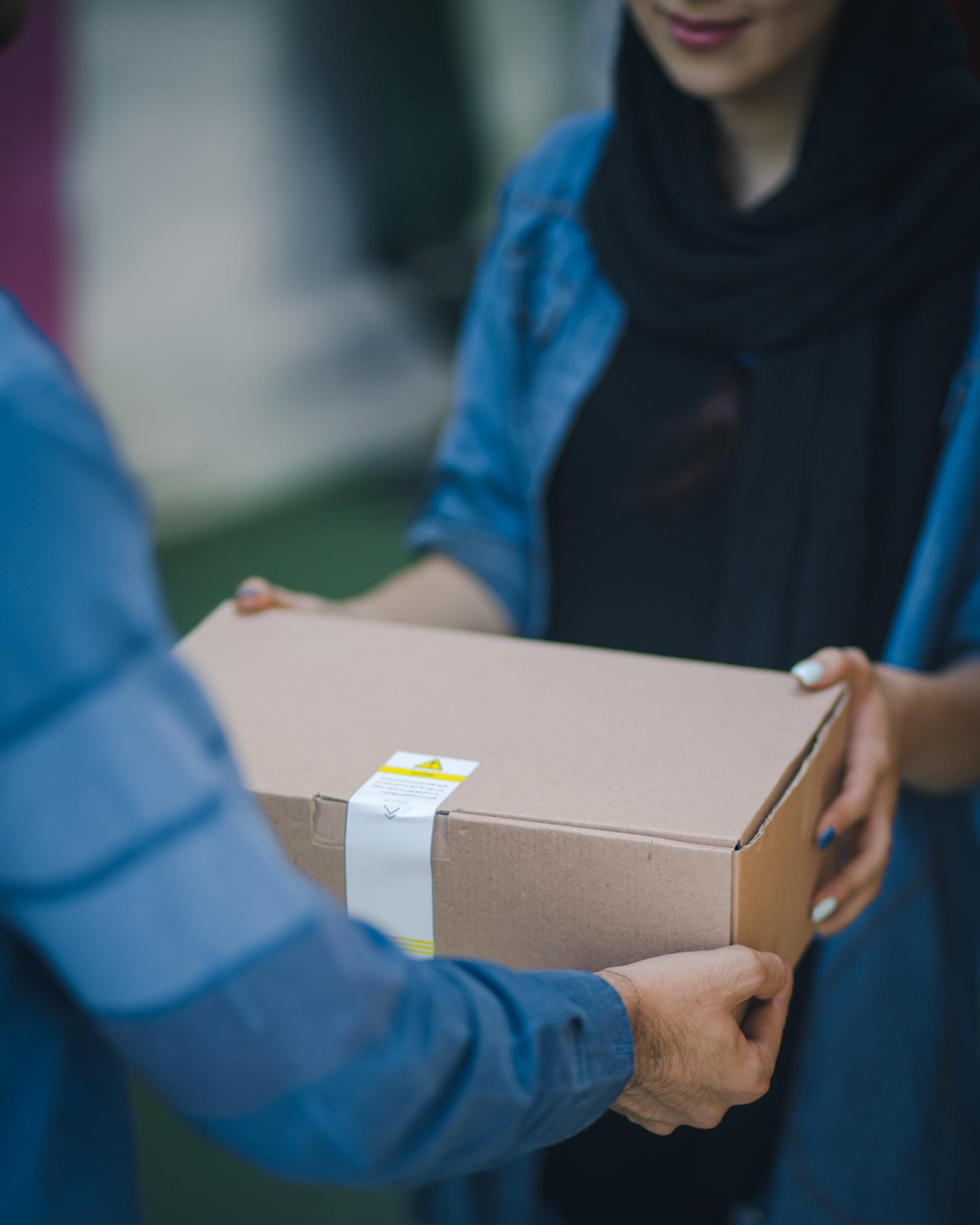Advancing businesses in this digital age
There are so many good ways to communicate with our site visitors. Through Wass's Up Doc we are elevating the way small businesses operate.
Here are some reasons to make Wass's Up Doc part of your regular routine.
Supporting Local Businesses and Communities in a Time of Need
Today, we find ourselves in an unprecedented situation, one that requires all of us to take measures above and beyond what we previously could have imagined. What we have witnessed over the past couple of weeks has been nothing less than extraordinary. It has been humbling to watch merchants, customers, and communities come together to support each other. We want to share an update with you about our continued efforts to make sure that everyone in our communities is well cared for.
For the first time, U.S. restaurants are projected to make more money from food consumed outside their doors than inside. The food delivery industry has swelled to a $10 billion per year industry, thanks in no small part to ordering apps such as DoorDash, GrubHub, Uber Eats and many more.
It took over two decades for the seemingly overnight success to take off, and has changed the way most Americans get their food.
The concept of online delivery can be traced back to 1999, when a site called Seamless-Web began delivering to New York law firms. The better-known Seamless eventually merged with delivery app giant Grubhub.
Grubhub, with its approximately 2,700 employees and eight-floor headquarters in Chicago, also started modestly when founder Matt Maloney and his friends began grabbing paper menus from local restaurants.
He explained to CBS News' Brook Silva-Braga how they would create "a whole new database of all the restaurants that no one had aggregated before." Eventually, the first version of Grubhub.com went live in 2004, the same year as Facebook. It was limited to servicing part of Chicago.
Grubhub's prototype was not responsible for delivering food, leaving it up to the restaurants.
"We were able to go to restaurants and say, 'For every dollar of your food that I sell, I'm going to keep 10 cents.'" Maloney said.
By 2014, Grubhub had become a publicly traded company. Today it is valued at $4.5 billion.
Restaurants are now voluntarily exceeding the company's 10% minimum, sometimes shelling out up to 30%. Maloney said the restaurants themselves "are choosing to bid up that average price" to get better exposure on the site.
The industry's apparent success attracted competitors with large investors behind them. Soon Uber Eats, Postmates, and DoorDash all took a piece, with DoorDash surpassing Grubhub in 2019 to be worth over $12 billion.
For restaurant owners like Kathy Valera, who bought White Maize in Brooklyn, New York in 2018, having these apps are a big help despite the 20% she said she pays to Grubhub.
White Maize was barely making any profits before Valera signed the restaurant up.
Valera described seeing quick returns on investment. "First day, it was like $300. Second day, it was like $400. Third day like $400. Said, 'oh my God, oh, this is amazing,' you know."
Today, she said she sees $3,000 in profit coming from the app. "So that's why I'm like, in love with all the type of apps that we have."
In a way, the evolution of the delivery app industry helped usher in a world where people are less likely to walk into restaurants.
"The relationship between humans and their local restaurant is changing and has been changing really ever since we started this business," Grubhub's Matt Maloney said.
The relationship will likely continue evolving, potentially headed for "cloud kitchens" that have no storefront and exist exclusively for delivery – an idea backed by Uber founder Travis Kalanick.
© 2020 CBS Interactive Inc. All Rights Reserved.
How Wass's Up Doc plays into all this:
Every time you add a new post to Wass's Up Doc, people who have subscribed to it will have a reason to come back to your site. If the post is a good read, they’ll share it with others, bringing even more traffic!
We along with StatRun are changing the way commerce is done in Fairfield on a daily basis!
Practice social distancing with our company while supporting local business.
Wass's Up Doc: A natural way to build your brand
Wass's Up Doc is a wonderful way to build your brand’s distinct voice. We write about issues that are related to your industry and your customers, but most importantly, our goal is to connect our community together and naturally grow the impact our customers, and our merchants can have in our world.
Wass's Up Doc is elevating the way small businesses operate.







